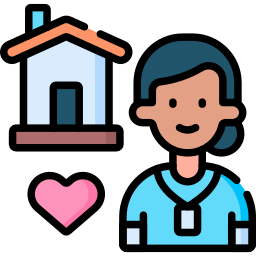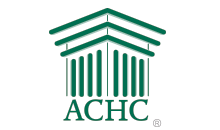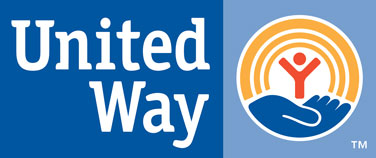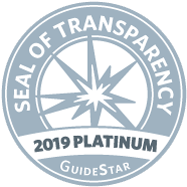Hospice Care
What is hospice?
Hospice is not about the last months of life — it’s about living those months to the fullest.
We want to enable our patients to spend time with those they love, continue the activities they enjoy, and embrace their unique spirit that inspires all of us.
At Lower Cape Fear LifeCare (formerly Lower Cape Fear Hospice), our compassionate and expert care teams coordinate with you, your doctors and loved ones to navigate your physical, emotional and spiritual needs, supporting your goals of care, in your home or the place you call home.
We serve hospice patients wherever they call “home.” This could be assisted living, a private home, a long-term nursing facility or one of our home-like hospice care centers. We want to help our patients live life to the fullest in whatever environment is best for their well-being.
Many families tell us they wish they had known about hospice sooner.
Let’s talk about palliative care…
Did you know that palliative care can begin the moment you are diagnosed with a serious illness? Those who receive palliative care in the early stages of their illness can live more and do more of the activities they love.
Palliative care relieves pain and symptoms while curative treatment is ongoing.
What is the difference between hospice and palliative care?
Palliative care is about improving the quality of life for patients and their families. Patients of any age may receive palliative care at any stage in their diagnosis.
Through palliative care, we work with your physicians to provide relief from issues such as pain, nausea, vomiting, breathing difficulties and depression. We encourage you or your loved one to take advantage of palliative services as soon as you receive a diagnosis of a serious illness.
Palliative care nurse practitioners/physician assistants visit patients once (sometimes twice) a month to access care needs and provide pain and symptom management.
Those receiving palliative care experience fewer hospitalizations and, for those hospitalized, a shorter stay.
Do you have questions about palliative care? We welcome the opportunity to speak with you and help in any way we can. Call to find out if you qualify for our palliative care program.
Be together. Let us take care of the rest.
Contact us at 800.733.1476 to discuss your palliative care options. We’ll be happy to help guide you through important conversations to have with your doctor.
Each year, Medicare, Medicaid, and private insurance companies do not cover over $1 million in hospice and palliative care services provided to those in our community. Lower Cape Fear LifeCare Foundation allows us to continue to provide these services to the community regardless of someone’s ability to pay. Please consider getting involved today.
Hospice Care: Everything You Need To Know
About

What You’ll Learn
Many express regret for not reaching out to hospice services earlier. Often, this delay stems from a lack of understanding about how hospice operates and its benefits for the entire family. We’ve demystified hospice care, offering comprehensive information to help you or a loved one discover how hospice can provide assistance
Qualifying

What You’ll Learn
You’ve decided that hospice care is necessary, but you’re unsure about how to begin. We understand that navigating the referral and qualification process can be daunting. Our articles guide you through the steps to access hospice care, outlining the qualifying conditions and diagnoses.
Serious Illness

What You’ll Learn
When considering hospice care, it’s common to associate it primarily with cancer patients. However, hospice extends its services to individuals facing various life-limiting illnesses. We delve into some of the most frequent conditions managed in hospice and explore how our services offer comfort and enhance quality of life for those affected
Transition
What You’ll Learn
The last phase of life is marked by many changes. Our hospice services aim to make these transitions as smooth and comfortable as possible for your loved ones. We provide detailed insights into what to expect at each stage, and how hospice care can enhance quality of life throughout this journey.









